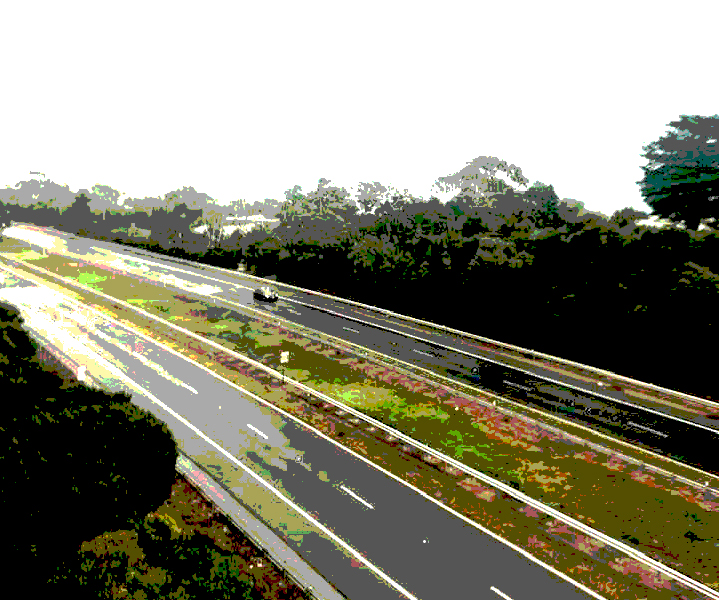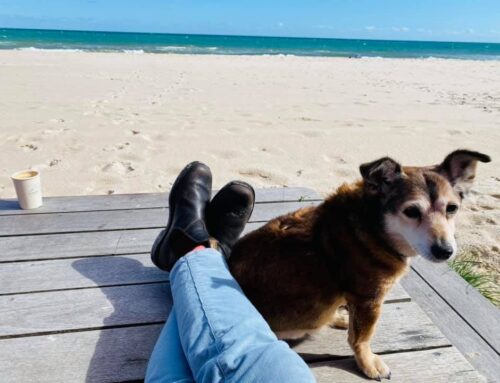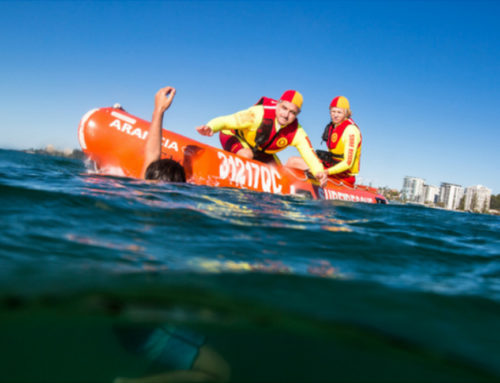One unexpected consequence of the coronavirus pandemic is a renewed appreciation for the good things in life; our family, our homes, our gardens and our local culture.
There is little doubt that local culture, enriched by sustainable tourism, is a fine thing.
In regional areas, it promotes artist studios, barista-made coffee, incredible paddock to plate restaurants, Indigenous culture walks, live music in vineyards, local makers markets, breweries, aquatic adventures and mountain biking. The list is long.
And as the impacts of long-term social isolation and travel bans continue, many of Australia’s regional tourism destinations are under considerable threat.
But it’s not all doom and gloom. The rapid shut down of tourism and hospitality businesses in March this year has resulted in some unexpected consequences.
To recap, it was local accommodation – hotels and bed & breakfasts, who were the first to feel the effects of quarantine and travel bans. A week later, it rippled out to hospitality and tours. When social distancing laws came into place, it was a game-changer and a shock.
Overnight, most of our larger employers were forced to make the heart-wrenching decisions, to cease trading immediately, forego Easter peak income and stand down hundreds of staff.
But in those early few weeks when hospitality, tours and attractions were manically trying to salvage some trading capacity, other tourism sectors; like the producers and those with farm-gate stores, were being overwhelmed as shoppers were flocking to stock up on fresh produce.
Some hospitality businesses were quick to pivot to a take-away paired back menus, supported by social media, to get their messages out. In regions with no access to Uber Eats (like Victoria’s Mornington Peninsula), a new ‘Food Delivered to Your Doorstep – Support Our Mornington Peninsula Locals’ Facebook page has gained nearly 10,000 followers in a matter of weeks. Tourism retailers like local breweries, vignerons and distillers were able to maintain trading with take away sales.
With both owners and customers alike stuck inside, many businesses have been sharpening their online skills with improved websites and e-commerce. And when the time comes, recovery is looking promising as commentators are predicting a pent-up demand that will drive regional tourism around Australia – at least in the short term.
While we don’t have a crystal ball to predict the long-term outlook, we do know that the tourism industry is incredibly resilient; driven by passionate, inspired business owners and founded on a co-operative philosophy. And that’s exactly what makes it such a wonderful industry to be part of, especially in times of crisis.






Leave A Comment